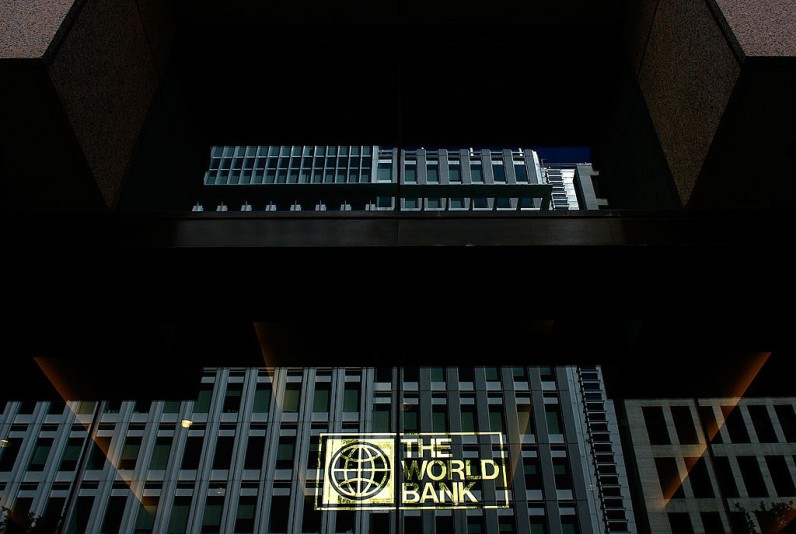
The World Bank revised its global economic forecast, projecting a 2.6% expansion this year, attributing much of the growth to the robust performance of the United States, as reported by AP News.
Considering that US financial markets, including the stock market and the US dollar, play a central role in the global financial system, moves in US stock prices and currency exchange rates can have ripple effects on financial markets worldwide.
Despite this positive outlook, concerns persist over sluggish global growth, which was worsened by conflicts in Ukraine and Gaza and mounting debt burdens in poorer nations.
While the US economy demonstrated exceptional resilience, achieving a projected 2.5% growth for 2024, challenges remain, including inflation and potential risks associated with prolonged high borrowing rates.
Emerging markets and developing countries are expected to experience a slight growth slow, so analysts are insisting on international cooperation to tackle economic challenges and promote sustainable growth in these regions.
World Economy Today
In addition to updating its global economic forecast, which was in contrast to a VCPost report in January, the World Bank also mentions the current huge players in the world economy.
China's economy is expected to decelerate to 4.8% this year from 5.2% in 2023, while growth in Latin America is forecast to slow from 2.2% last year to 1.8% in 2024. Meanwhile, the 20 European countries that share the euro currency are expected to eke out 0.7% growth in 2024, nearly twice their 0.4% growth in 2023.
World trade barely grew last year at 0.1% and is forecast to expand by 2.5% in 2024.
The countries mentioned in the World Bank report collectively represent an important portion of the global economy. The United States, as the world's largest economy, plays a central role, with its economic performance heavily influencing global markets and trade.
China, the second-largest economy, also holds substantial influence, while countries in Europe, Latin America, sub-Saharan Africa, and Japan contribute to the overall global economic output and trade flows.
While each country's individual contribution varies, they form the backbone of the world economy.







Join the Conversation